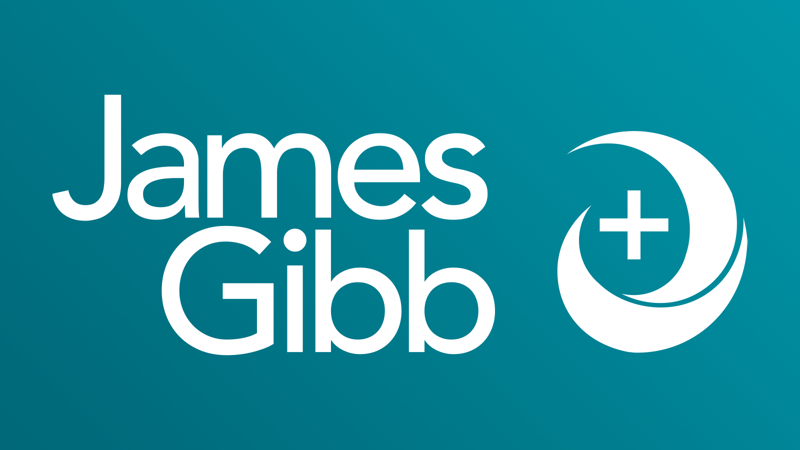Float payments explained
We understand that the ins and outs of having a factor can sometimes be a little unclear. However, we want to help you understand matters easier and increase transparency, so you know exactly where your money is going and what we can do for you
The payment of a float is often an area that many people are unclear on, but it is important as it allows us to be in funds to carry out the essential maintenance and repairs to ensure your building is in top condition.
What is a float and why do I need one?
When a development appoints James Gibb as a factor or a new owner moves into one of our factored developments, we will normally ask you for a ‘float’ payment. We need to charge a float as we invoice you quarterly in arrears. The float is used to make sure that we have funds to pay qualified contractors for regular maintenance such as cleaning or gardening and also for carrying out routine repairs. We also invoice all our insurance charges in arrears (unlike many other property factors) so the float should meet this cost as well.
What will it cost?
The level of float required will vary depending on the type of development you live in, what services we have been asked to undertake and the expected annual expenditure. Typically, your float should equate to at least an average quarter’s costs, although it is always prudent to have a little contingency over and above this to cover any unexpected costs.
From time to time, we may ask you to provide a top up to the float payment as costs will inevitably rise over time due to inflation. We will only do this where the float payment we hold is not sufficient to cover the estimated quarterly expenditure for your development.
When you sell your property, your float is returned to you. This will appear as a credit on your final invoice.
If you need to know the exact amount of your float payment, this information is contained within the development schedule section of your Written Statement of Services. If you have any questions about your float, or other factor matters, please contact your regional office, details of which are contained below.
More information on floats and property management and factoring in general, is available at Documents and Guides




